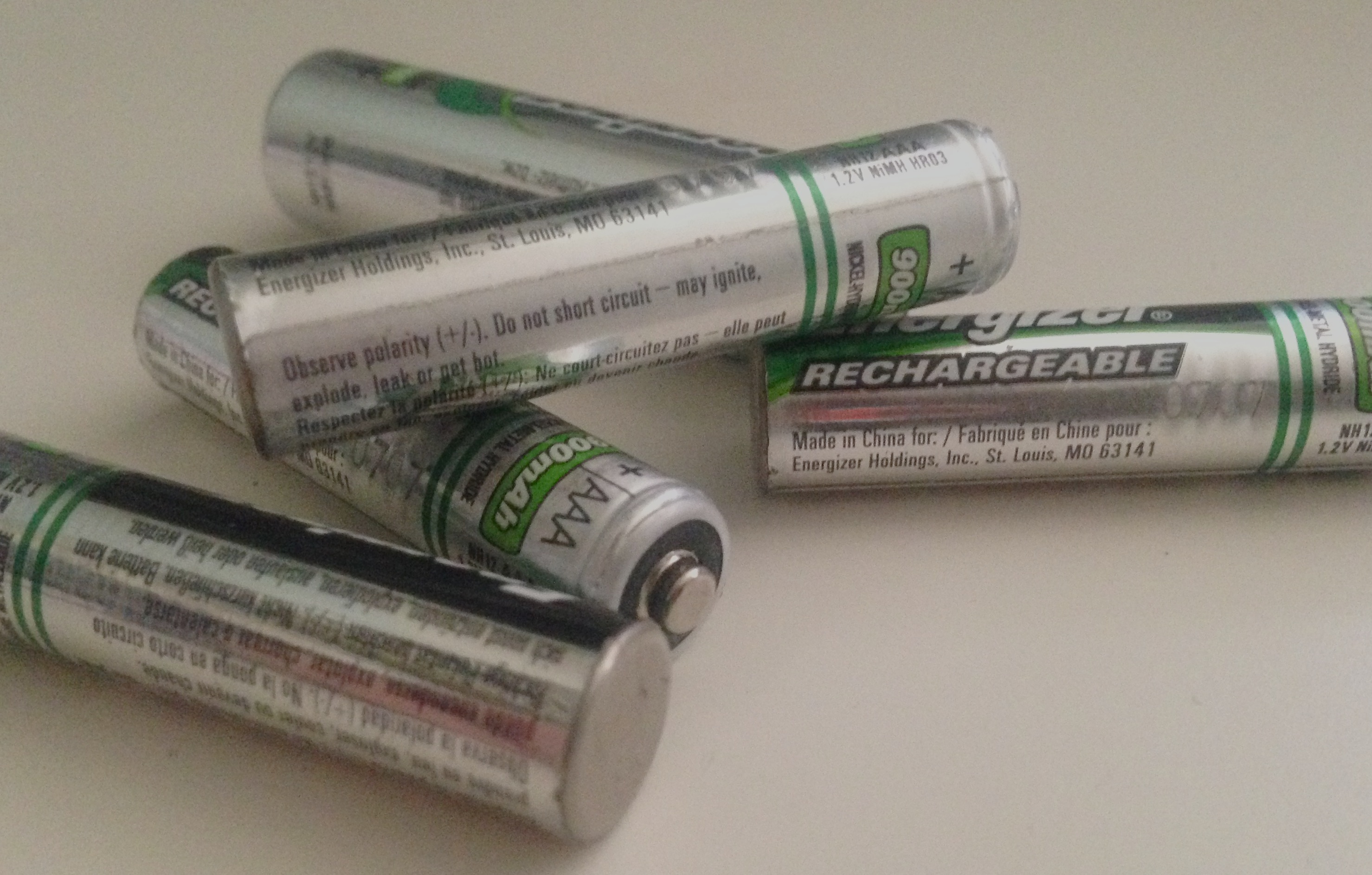
When asked to picture someone who is suffering from stress, the image we create in our minds is of someone who is physically and emotionally agitated. We may picture them as being irritable, quick to anger and being prone to emotional outbursts.
Even though these are all what we consider to be clear signs of stress, there are other ways in which stress can manifest itself physically even if our brains don’t recognize that we could be reaching our breaking points.
Here are some of the ways in which we can experience stress physically:
- severe weight loss/gain
- lack of concentration/short-term memory problems
- headaches or severe muscle tension, especially in the neck, shoulder and back areas
- gastrointestinal issues, including heartburn, bloating, cramping and diarrhea
- hair-thinning/hair loss
- mood swings, depression and/or anxiety
- weakened immune system, leading to frequent colds or prolonged illnesses
- skin problems such as acne or hives
If you’ve been suffering from two or more of any of the symptoms above within the past week or so, it could be that you’re secretly suffering from stress without even knowing it. Denying that we’re stressed out, or suppressing feelings of pressure are actually coping mechanisms within themselves- it allows us to separate from ourselves mentally and physically long enough to continue to work under pressure.
The problem with this solution is that stress always has a way of catching up to us. (Believe me, I went through the same thing which you can read all about here.) When our bodies start to show signs of stress like the ones described above, it’s a signal that you need to take a break. Our coping mechanisms are just for that- coping- but in the long-term we need to nurture ourselves mentally and physically in order to thrive. This means acknowledging and addressing our stress when it starts to physically appear in our bodies. If we don’t, the consequence we face is burnout and we become incapable of handling any kind of stress at all. (I’ve got some more tips on how to avoid that here.)
Combating stress means taking care of yourself and recognizing when you’ve pushed yourself too far, taken on too much or put yourself under too much pressure. There’s no way to completely eliminate stress from your life but fortunately, if you develop the tools to cope with it in healthy ways you can avoid the physical problems that stress can bring.
 In this day and age we place so many demands on ourselves that sometimes even going about our day-to-day lives is exhausting. As a person who likes to keep busy, I find myself struggling to stay balanced. You can follow my journey here, or click here or here to find more ways to streamline your life to keep it simple.
In this day and age we place so many demands on ourselves that sometimes even going about our day-to-day lives is exhausting. As a person who likes to keep busy, I find myself struggling to stay balanced. You can follow my journey here, or click here or here to find more ways to streamline your life to keep it simple.
What are some of the ways that your body shows you are stressed? What are some of the coping mechanisms you’ve put in place to deal with stress? Share with the class below or send me an email at keepingbusyb@gmail.com

 Get Organized:
Get Organized:




 Do you have any solutions or advice for students going back to school? Maybe you can offer the perspective of a parent or a teacher. Leave a comment below and share with the class, or email me at keepingbusyb@gmail.com. I may include your tips in a future post!
Do you have any solutions or advice for students going back to school? Maybe you can offer the perspective of a parent or a teacher. Leave a comment below and share with the class, or email me at keepingbusyb@gmail.com. I may include your tips in a future post! Some recent medical issues of mine caused me to rethink a lot of the way I work and how I handle stress. In other words, I needed to recharge my batteries.
Some recent medical issues of mine caused me to rethink a lot of the way I work and how I handle stress. In other words, I needed to recharge my batteries. What’s your best advice on dealing with a crisis? Is there something that’s worked for you in the past? Sharing is caring and I’d love for you to share yours below, or with me at keepingbusyb@gmail.com so that I might share them in a future post. No one should have to suffer through a crisis alone! We’re all here to help.
What’s your best advice on dealing with a crisis? Is there something that’s worked for you in the past? Sharing is caring and I’d love for you to share yours below, or with me at keepingbusyb@gmail.com so that I might share them in a future post. No one should have to suffer through a crisis alone! We’re all here to help.